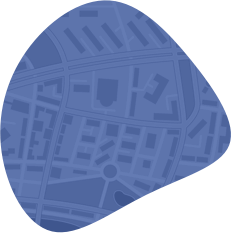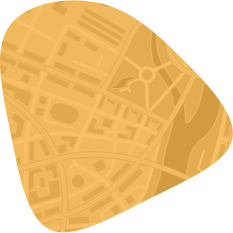
If you have shoulder pain, an orthopedic surgeon can help.
Rotator cuff tears, common injuries sustained in car accidents, falls, or sports, require proper medical attention to heal effectively and to prevent further complications. While some minor tears may improve with rest and physical therapy, many tears will not heal without appropriate medical treatment, which can include physical therapy, medication, and in some cases, surgery.
It's crucial for individuals experiencing shoulder pain to seek a medical evaluation to determine the severity of the tear and to receive a tailored treatment plan that promotes healing and restores function. Ignoring or delaying treatment for a rotator cuff tear can lead to increased pain, decreased range of motion, and potentially permanent damage, underscoring the importance of early and effective medical intervention.
Book an immediate appointment today
What is a rotator cuff tear?
The rotator cuff is a group of muscles and tendons in your shoulder that work together to help you lift and rotate your arm. They stabilize your shoulder joint and allow you to throw, reach, and lift. When you tear your rotator cuff, the muscles and tendons become torn or damaged.
Rotator cuff tears can range in severity and are categorized into two main types: partial and complete tears. Each type of tear presents unique challenges and considerations for treatment and recovery.
- Partial tear: A partial tear occurs when the muscle or tendon is damaged but not completely torn. It's like a small rip or tear in a piece of fabric.
- Complete tear: A complete tear is when the muscle or tendon is completely torn apart. In this case, it's as if a piece of fabric was completely ripped in two. Complete tears usually require more intensive treatment to heal properly.
Rotator cuff tear treatments
A rotator cuff tear doesn't heal without medical intervention. Even if you feel at-home treatments may be working, they are only temporary fixes. Symptoms and pain may resurface, so it's usually a good idea to consult with a shoulder specialist.
Non-Surgical Treatments
Non-surgical options for a minor torn rotator cuff include wearing an arm sling, using nonsteroidal drugs for pain and swelling, undergoing physical therapy, and receiving steroid injections. These approaches can help strengthen muscles and alleviate symptoms in some cases. Although, in most cases, non-surgical treatments are enough to heal a minor rotator cuff tear, surgery may be necessary if the tear is severe.
Surgical Treatment
Surgery may be recommended if the non-surgical method does not provide relief for complete tears. Surgeries are typically arthroscopic, which means they are performed through small incisions, but an open approach may be necessary for certain situations. Recovery can take several months to a year, depending on the tear's severity and the individual's response to treatment.






















